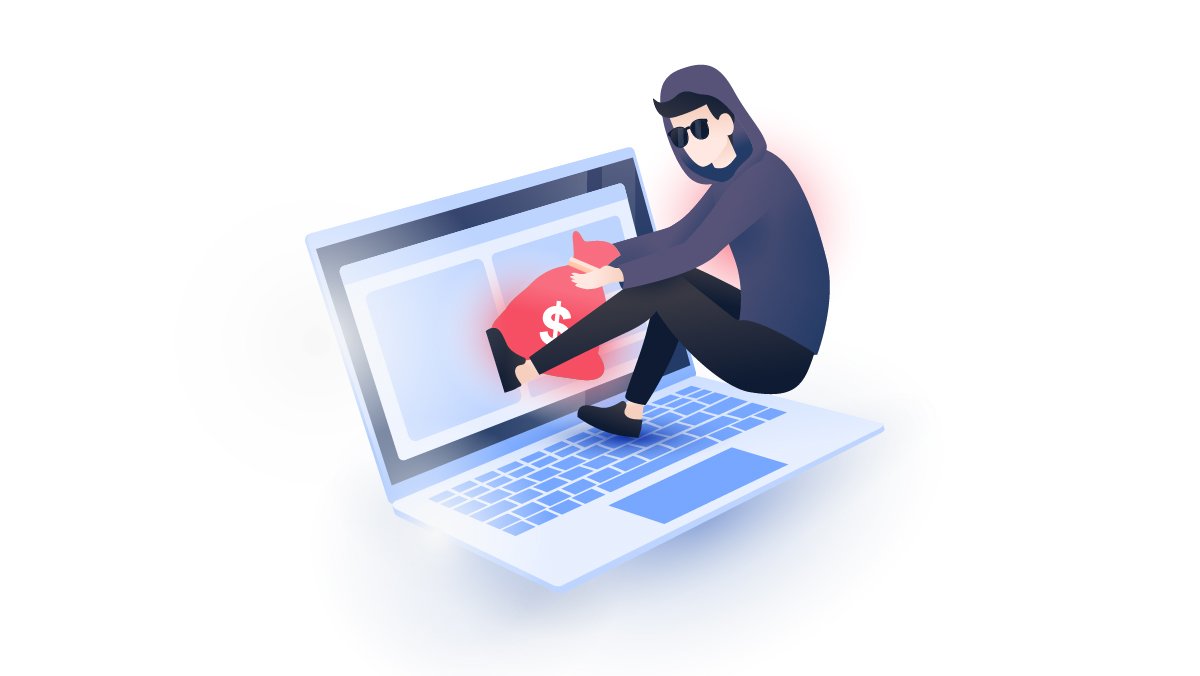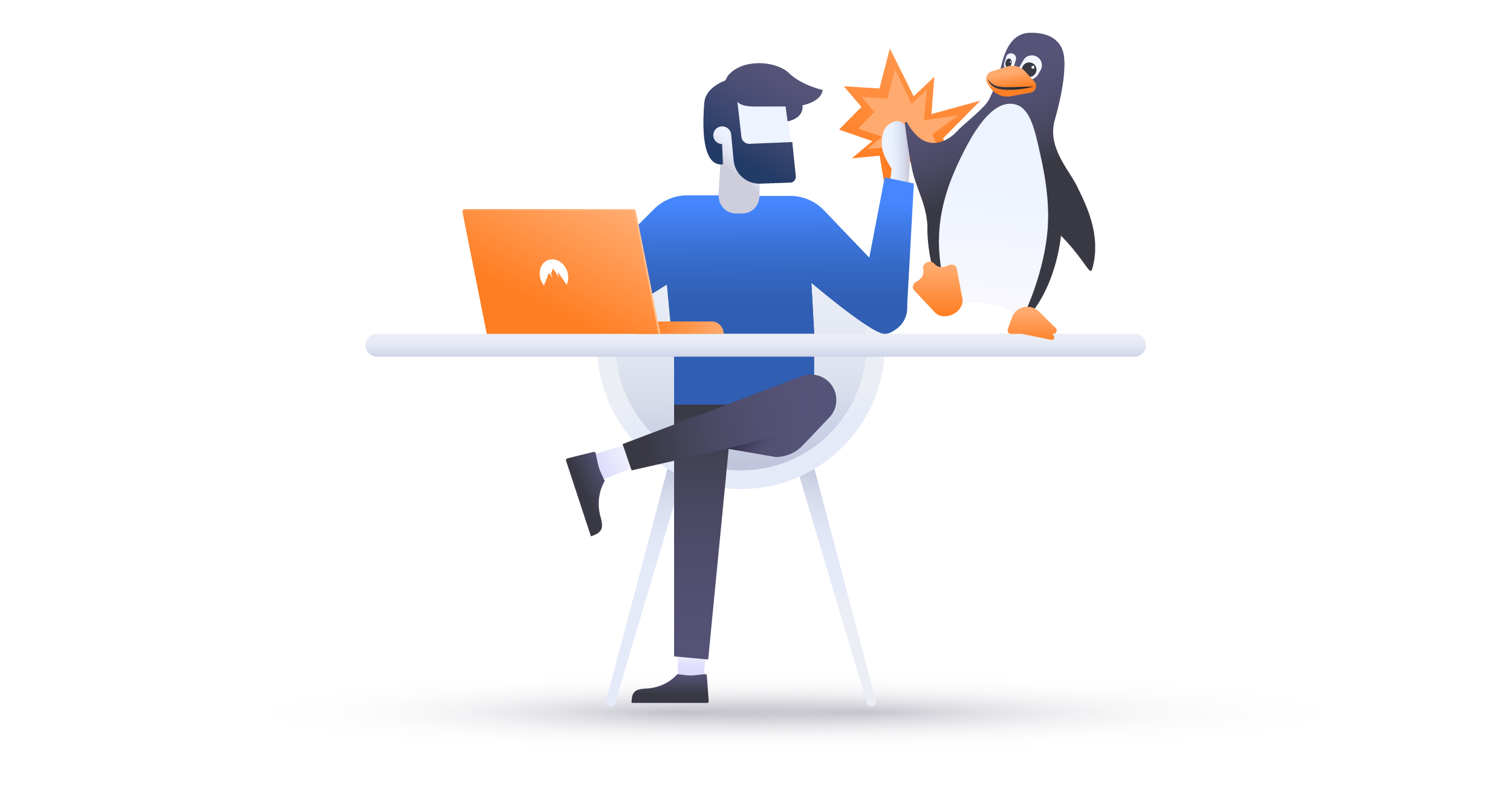What is International VPN Day?
International VPN Day exists to raise awareness of online security and the important role VPNs play in keeping you safe. It’s a time to think about your own internet security, to learn more about data privacy, and to decide if a VPN is right for you.
More and more people have now heard of VPNs, but not everyone knows how they work or where they came from. August 19 is a chance to change that.
Want to learn more about the history of the VPN and how it became the essential security tool it is today? Follow us on Twitter, Facebook, and Instagram, where we’ll be posting some key moments from the VPN timeline.
What should you do this International VPN Day?
As well as learning more about VPNs, you should mark August 19 by making sure you’re really doing everything you can to protect your online security.
Of course, using a VPN is a great place to start, but it’s also really important to be aware of the threats you might face online. Want to know how secure you really are? Take our National Privacy Test to assess your own risk level on the internet.
Most importantly, August 19 is a day to find out more about VPNs and decide if you want to start using one (if you don’t already).
VPNs: Fact vs. Fiction
Before you pick a VPN, let’s check in on a few of the common claims and assumptions that come up when discussing this technology.
Fact: VPNs hide your browsing traffic from your ISP
Most internet service providers (or ISPs) will monitor and log your browsing activity. This allows them to sell data to advertisers and third parties and means they can limit your bandwidth when it suits them. With a VPN enabled on your device, ISPs won’t be able to view your activity, record your browsing habits, or strangle your speeds.
Fiction: A VPN will make you invisible online
A VPN will shield your IP address, hide your activity from ISPs, and enhance your protection against hackers. However, it doesn’t make you completely anonymous or invisible online. Websites will still be able to see what you’re doing on their servers, although they won’t be able to view your IP address.
Fact: VPNs make you safer online
Hackers are always looking for ways to spy on and steal your private data. An unsecured connection or a compromised router might be all they need. However, with a VPN encrypting your data, hackers won’t be able to view your online activity, even if they’ve broken into the router you’re using.
Fiction: All VPNs do the same thing
Not all VPNs are created equal. Some offer better speeds than others, and each service boasts its own features and tools. A free VPN, for example, won’t have the same level of security, speed, and stability as a premium option. It’s important to research any VPN before using it to make sure it’s right for you.
How to pick the right VPN for you: a guide
The best way to celebrate International VPN Day is by getting a VPN! But, before you choose one, make sure you cover all the points on this checklist.
- Research a VPN’s server network. Speed and stability really depend on a VPN’s server network. How many servers do they have, and what locations do they use? The more servers they have available, the better the user experience will be. NordVPN offers more than 5,200 servers across 60 different countries.
- What encryption protocols do they use? A VPN is only as good as its protocols. These systems define the level of security you can expect and the speed at which your data travels. NordVPN offers the NordLynx protocol, a groundbreaking option that balances powerful encryption with lightning-fast speeds.
- Make sure it’s a premium VPN. The truth is, most free VPNs simply can’t be trusted. At best, you’ll get subpar performance and low speeds. At worst, your data will be sold or stolen. A paid VPN will always provide a better server network and a higher standard of security.
- What extra features does a VPN offer? Remember: the best VPNs come with a variety of extra selling points. NordVPN offers CyberSec, a powerful tool to limit the threat of malware and high-risk websites. It also comes with the Kill Switch feature, ensuring that you never accidentally go online without encryption.
- Check the reviews. The simplest way to assess a VPN is to research their reviews. What are the customers saying? How do respected online publications rate them? You can find some of NordVPN’s reviews and testimonials here.




